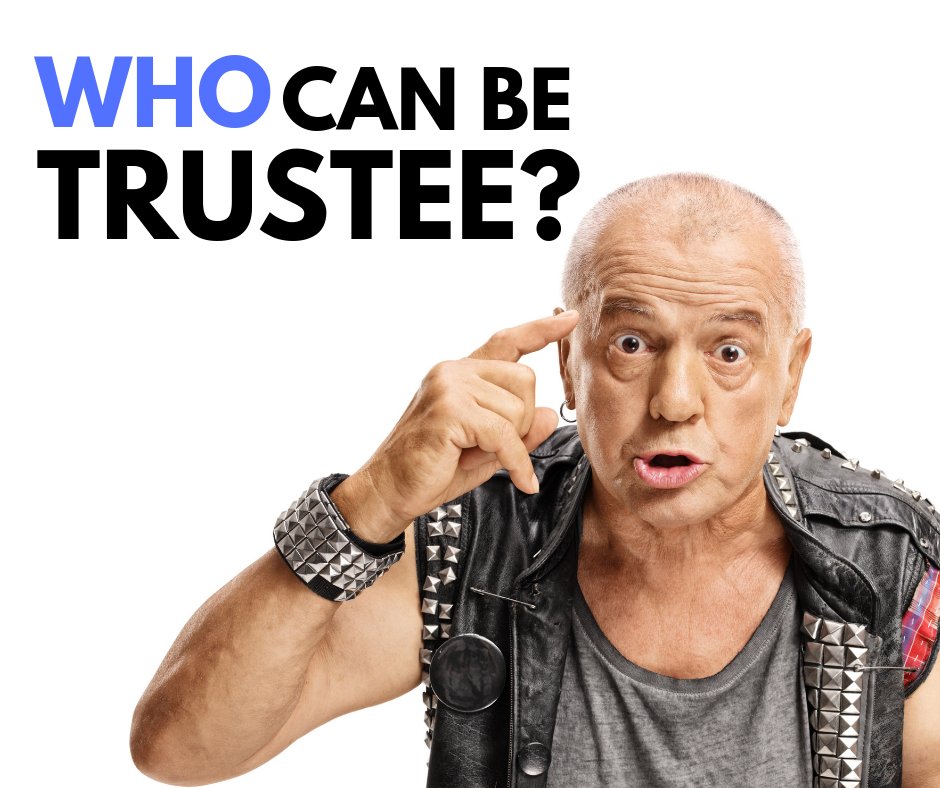
Who is qualified to act as Trustee? As a basic requirement, a Trustee must be an adult over the age of 18. Additionally, a Trustee must have legal capacity, so obviously a person who is mentally incapacitated would not be able to act as Trustee. Beyond that, almost any adult can be named as a […]









